The Essential Mediterranean Diet Food List You Need
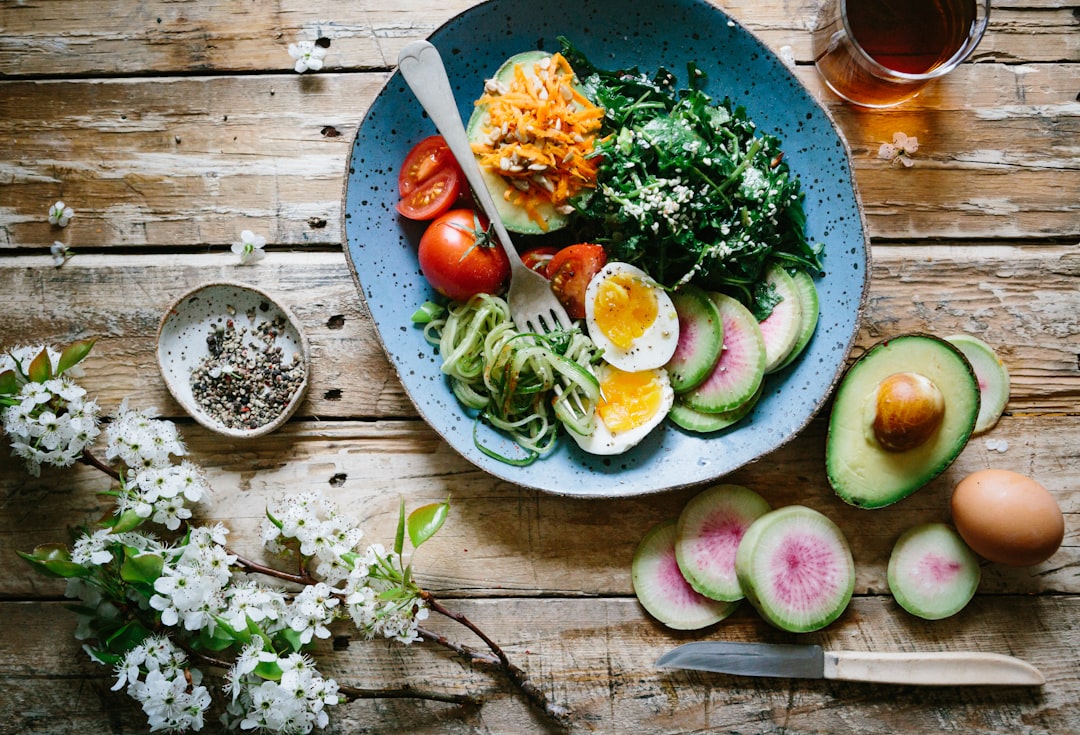
Quick Summary
The Mediterranean diet food list emphasizes whole, minimally processed foods from plant sources, healthy fats like olive oil, moderate amounts of fish and poultry, and limited red meat. This eating pattern has been linked to reduced risk of heart disease, improved brain health, and better weight management.
Core Mediterranean Diet Foods by Category
Understanding which foods to prioritize is essential for following the Mediterranean diet successfully. Here’s your comprehensive guide organized by food groups and consumption frequency.
Vegetables: The Foundation (Eat Daily)
Load your plate with a rainbow of vegetables at every meal. The Mediterranean diet encourages at least 3-5 servings daily:
Leafy Greens & Cruciferous:
- Spinach, kale, arugula, Swiss chard
- Broccoli, cauliflower, Brussels sprouts
- Cabbage (red and green)
Colorful Vegetables:
- Tomatoes (fresh and sun-dried)
- Bell peppers (all colors)
- Eggplant, zucchini, cucumbers
- Carrots, beets, radishes
Starchy Vegetables:
- Sweet potatoes, potatoes
- Winter squash (butternut, acorn)
- Peas, corn (in moderation)
Alliums & Others:
- Onions, garlic, shallots, leeks
- Artichokes, asparagus
- Mushrooms (all varieties)
Fruits: Nature’s Dessert (2-3 Servings Daily)
Fresh, seasonal fruits provide natural sweetness and essential nutrients:
Common Mediterranean Fruits:
- Apples, pears, peaches, apricots
- Oranges, lemons, grapefruit
- Berries (strawberries, blueberries, raspberries)
- Grapes (especially red)
- Figs, dates (fresh and dried)
- Melons (watermelon, cantaloupe, honeydew)
- Pomegranates, persimmons
Whole Grains: Energy Sources (3-6 Servings Daily)
Choose minimally processed grains over refined options:
- Whole wheat bread and pasta
- Brown rice, wild rice
- Quinoa, bulgur, farro
- Barley, oats (steel-cut or rolled)
- Whole grain couscous
- Buckwheat, millet
- Whole grain pita bread
Healthy Fats: The Mediterranean Staple
Extra Virgin Olive Oil (1-4 tablespoons daily): The cornerstone of Mediterranean cooking. Use for:
- Salad dressings
- Cooking at low-medium heat
- Drizzling over cooked vegetables
- Dipping bread
Other Healthy Fats:
- Olives (green and black)
- Avocados and avocado oil
- Nuts and seeds (see below)
Nuts, Seeds & Nut Butters (At Least 3 Servings Weekly)
A quarter cup of nuts or 2 tablespoons of nut butter equals one serving:
Best Choices:
- Almonds, walnuts, hazelnuts
- Pistachios, cashews, pecans
- Pine nuts, macadamia nuts
- Sunflower seeds, pumpkin seeds
- Sesame seeds, tahini
- Natural almond or peanut butter
Legumes: Plant-Based Protein (3+ Servings Weekly)
Beans and lentils are Mediterranean diet powerhouses:
- Chickpeas (garbanzo beans)
- Lentils (red, green, black)
- Black beans, kidney beans
- White beans (cannellini, navy)
- Split peas, black-eyed peas
- Hummus and other bean spreads
Fish & Seafood: Omega-3 Rich Proteins (2-3 Servings Weekly)
Prioritize fatty fish high in omega-3s:
Best Options:
- Salmon, sardines, mackerel
- Herring, anchovies
- Tuna (fresh or canned in water)
- Trout, sea bass
Other Seafood:
- Shrimp, prawns
- Mussels, clams, oysters
- Squid, octopus
- Crab, lobster (occasionally)
Poultry & Eggs: Moderate Protein Sources
Poultry (No more than once daily):
- Chicken (preferably white meat, skinless)
- Turkey
- Duck (occasionally)
Eggs (Up to 7 per week):
- Whole eggs or egg whites
- Prepared any style without excessive added fats
Dairy: Choose Quality Over Quantity (1 Serving Daily or Less)
Focus on fermented and lower-fat options:
- Greek yogurt (plain, unsweetened)
- Feta, goat cheese, ricotta
- Parmesan, pecorino romano
- Milk (preferably low-fat)
- Kefir, labneh
Herbs, Spices & Flavor Enhancers
Use liberally to add flavor without calories:
Fresh and Dried Herbs:
- Basil, oregano, rosemary, thyme
- Parsley, cilantro, dill, mint
- Bay leaves, sage
Spices:
- Garlic, black pepper, red pepper flakes
- Cumin, coriander, paprika
- Cinnamon, nutmeg, allspice
- Turmeric, saffron
Other Flavor Enhancers:
- Lemon juice and zest
- Vinegars (balsamic, red wine)
- Capers, sun-dried tomatoes
- Fresh ginger
Foods to Limit on the Mediterranean Diet
While the Mediterranean diet is flexible, certain foods should be minimized:
Red Meat (No More Than 1 Serving Weekly)
- Beef, pork, lamb
- If consumed, choose lean cuts like tenderloin or sirloin
Processed Foods to Avoid
- Processed meats (hot dogs, deli meats, bacon)
- Packaged snacks and chips
- Frozen dinners and fast food
- Foods with trans fats
Refined Carbohydrates
- White bread, white pasta
- Pastries, cookies, cakes
- Sugary breakfast cereals
- White rice (choose brown instead)
Added Sugars
- Sodas and sweetened beverages
- Candy and ice cream
- Fruit juices with added sugar
- Flavored yogurts
Mediterranean Diet Serving Sizes Guide
Understanding proper portions helps maximize the diet’s benefits:
| Food Group | Daily Goal | Serving Size Example |
|---|---|---|
| Vegetables | 3-5 servings | 1 cup raw or ½ cup cooked |
| Fruits | 2-3 servings | 1 medium fruit or ½ cup |
| Whole Grains | 3-6 servings | ½ cup cooked or 1 slice bread |
| Olive Oil | 1-4 servings | 1 tablespoon |
| Nuts | 1 serving | ¼ cup or small handful |
| Fish | 2-3 weekly | 3-4 ounces cooked |
| Legumes | 3+ weekly | ½ cup cooked |
| Poultry | 0-1 daily | 3 ounces cooked |
| Dairy | 0-1 daily | 1 cup yogurt or 1.5 oz cheese |
Beverages on the Mediterranean Diet
Daily Choices:
- Water (primary beverage)
- Herbal teas
- Coffee (without excess sugar or cream)
- Fresh vegetable juices
Optional (With Meals):
- Red wine (1 glass for women, 2 for men daily)
- Note: If you don’t drink, don’t start
Limit or Avoid:
- Sugary drinks and sodas
- Fruit juices with added sugar
- Beer and spirits
- Energy drinks
Shopping Tips for Mediterranean Diet Success
- Shop the Perimeter: Focus on fresh produce, fish, and dairy sections
- Read Labels: Choose items with minimal ingredients
- Buy Seasonal: Fresher, more affordable, and tastier
- Stock Pantry Staples: Olive oil, canned beans, whole grains
- Frozen is Fine: Frozen vegetables and fruits retain nutrients
Sample Mediterranean Diet Shopping List
Weekly Essentials:
- Mixed salad greens
- Tomatoes, cucumbers, bell peppers
- Onions, garlic
- Lemons
- Seasonal fruits
- Extra virgin olive oil
- Whole grain bread
- Greek yogurt
- Feta cheese
- Eggs
- Canned chickpeas and lentils
- Frozen mixed vegetables
Pantry Staples:
- Brown rice, quinoa
- Whole wheat pasta
- Canned tomatoes
- Olives
- Nuts (almonds, walnuts)
- Dried herbs and spices
- Balsamic vinegar
Making the Transition: Practical Tips
Starting the Mediterranean diet doesn’t require dramatic changes. Try these gradual approaches:
- Replace butter with olive oil in cooking and baking
- Add one extra vegetable to each meal
- Choose fish instead of red meat twice weekly
- Snack on nuts instead of processed snacks
- Experiment with new herbs to enhance flavors
Expert Resources and Further Reading
For evidence-based information on the Mediterranean diet’s health benefits:
- Cleveland Clinic’s Mediterranean Diet Guide
- Harvard T.H. Chan School of Public Health
- American Heart Association Mediterranean Diet Resources
Conclusion
The Mediterranean diet food list offers incredible variety and flexibility while promoting optimal health. By focusing on whole foods, healthy fats, and plenty of plant-based options, you can enjoy delicious meals while supporting your heart health, brain function, and overall well-being. Start with small changes, experiment with new Mediterranean recipes, and remember that this is a lifestyle, not a restrictive diet.
Ready to create your Mediterranean meal plan? Use this comprehensive food list as your guide to shopping, cooking, and enjoying the Mediterranean way of eating.

About Miguel Santamaría
Hailing from Barcelona's vibrant culture, Miguel champions the Spanish approach to community and celebration. An architect turned lifestyle coach, he teaches the art of creating beautiful spaces and meaningful gatherings that honor the Mediterranean tradition of connection.
Related Posts
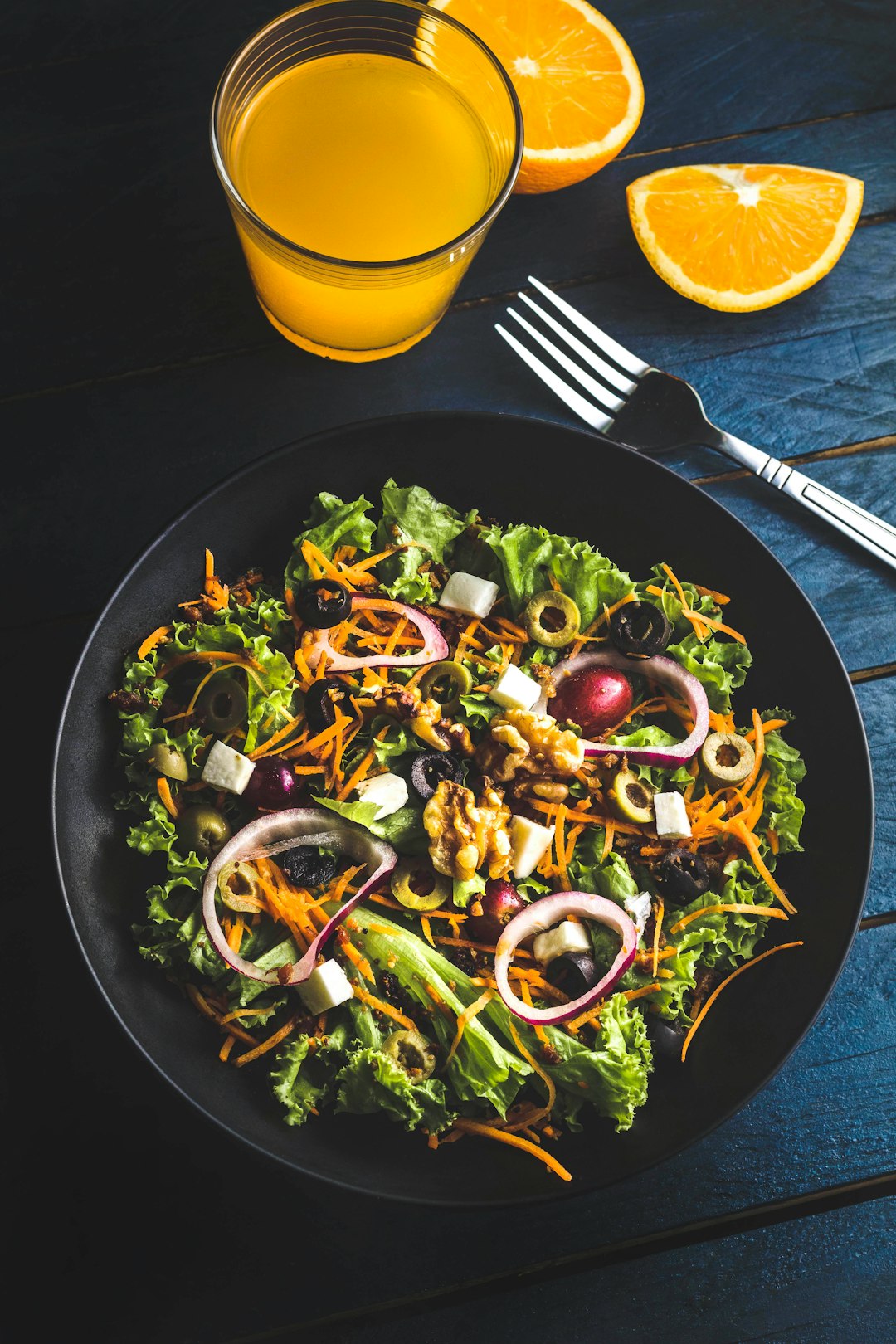
The Mediterranean Diet Guide That Changed How I Think About Food
Discover the Mediterranean diet - a heart-healthy eating plan rich in fruits, vegetables, whole g...
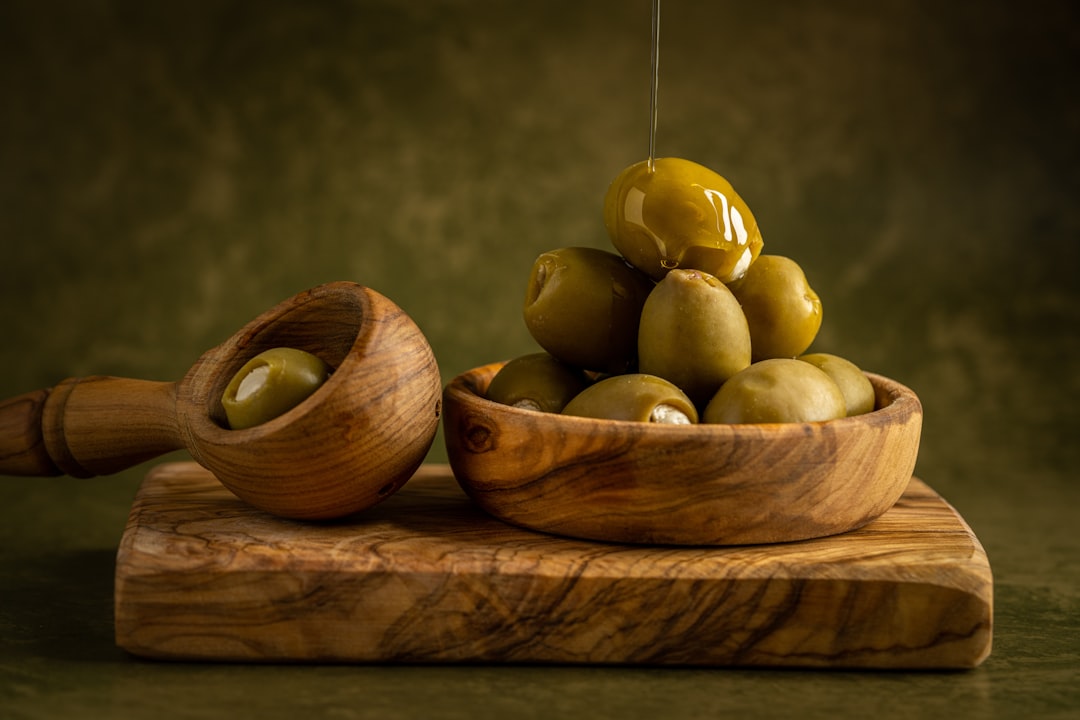
7 Mediterranean Diet Benefits Backed by Science
Discover the science-backed benefits of the Mediterranean diet. From heart health to brain functi...
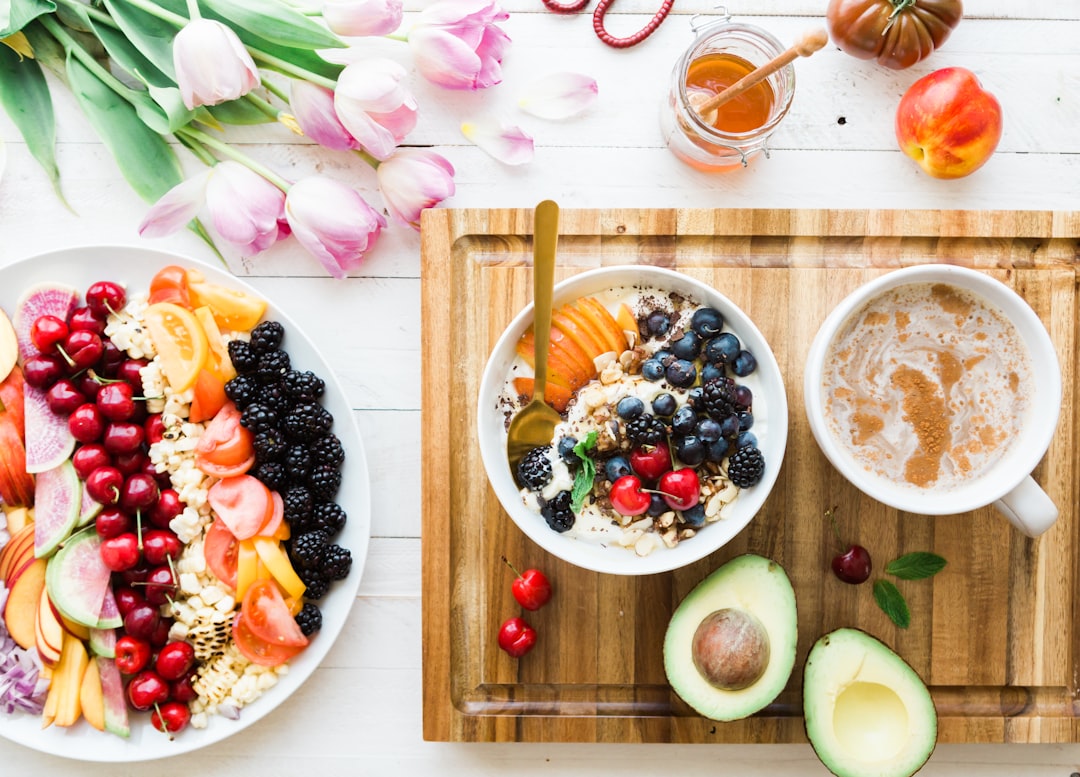
How the Mediterranean Diet for Weight Loss Actually Works
Learn how the Mediterranean diet promotes sustainable weight loss. Evidence-based tips, meal plan...
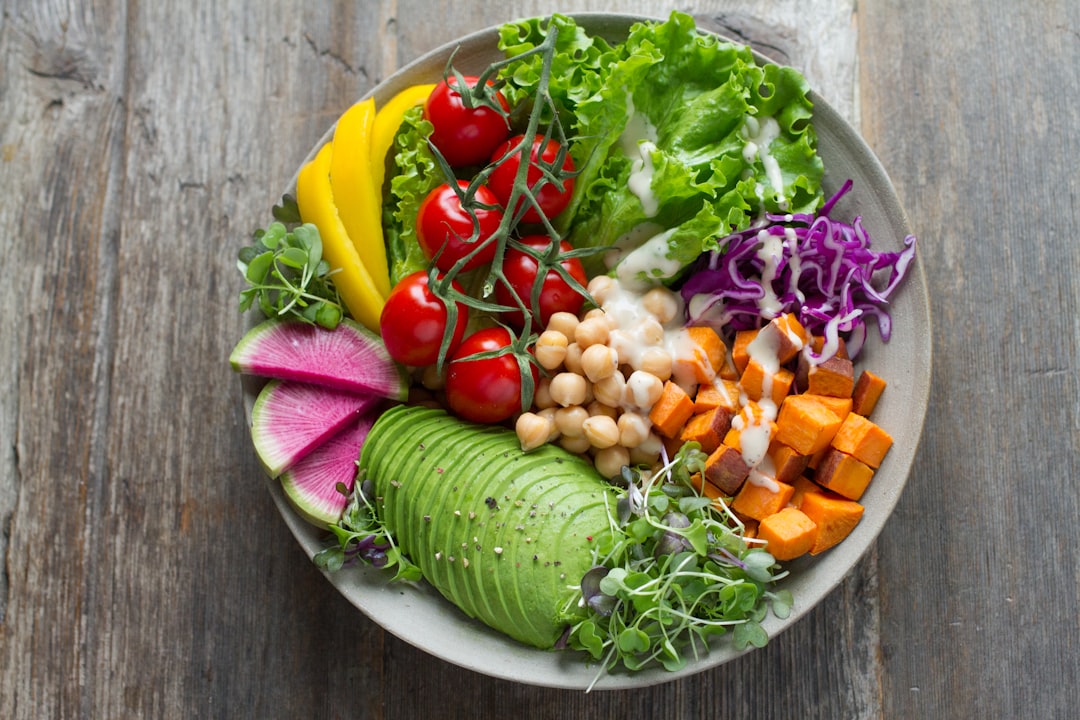
Quick Mediterranean Diet Lunch Ideas for Busy Weekdays
Find inspiring Mediterranean diet lunch ideas perfect for work or home. From fresh salads to hear...
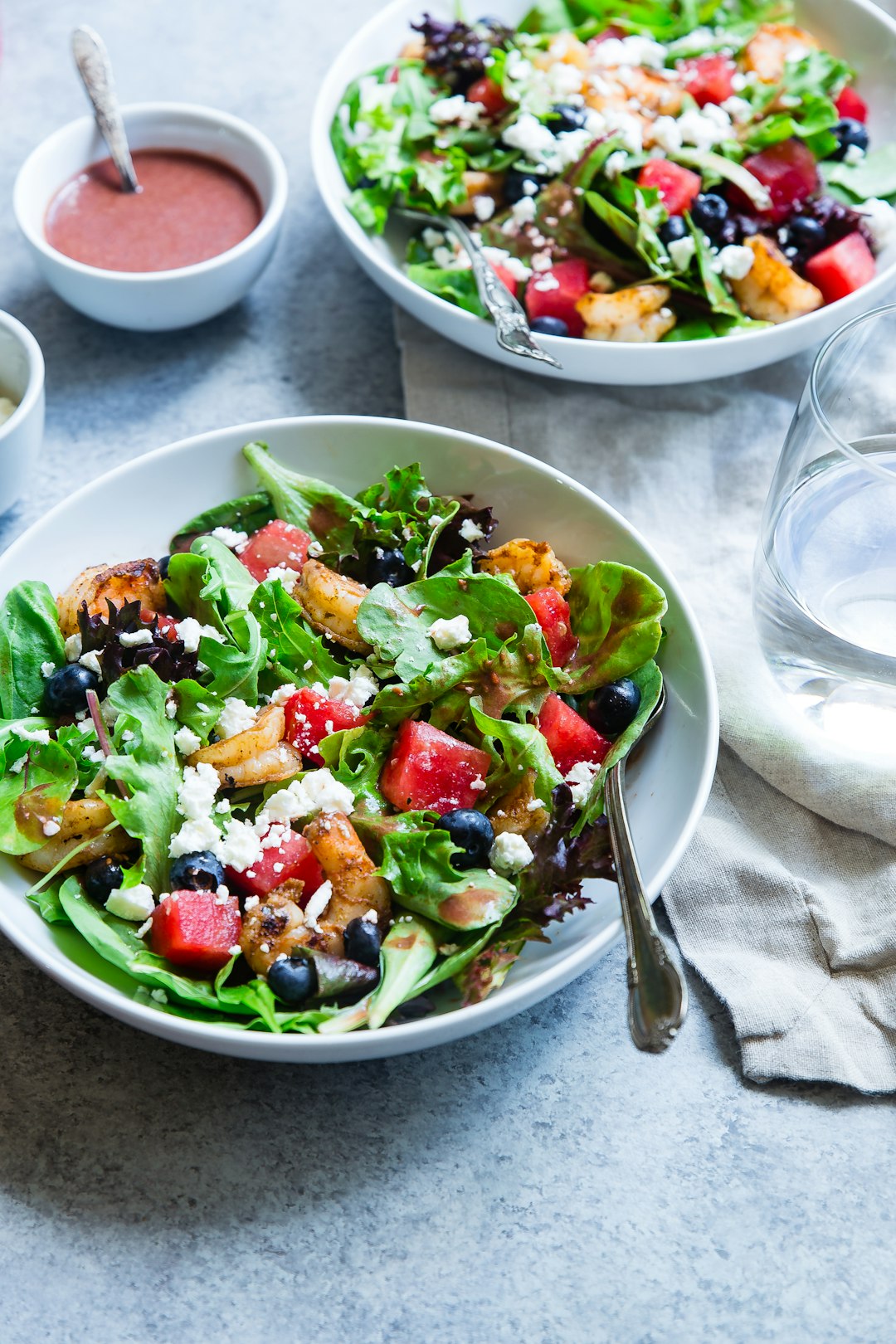
Mediterranean Diet Recipes UK Shoppers Can Actually Make
Mediterranean diet recipes adapted for UK kitchens. Using locally available ingredients, enjoy he...
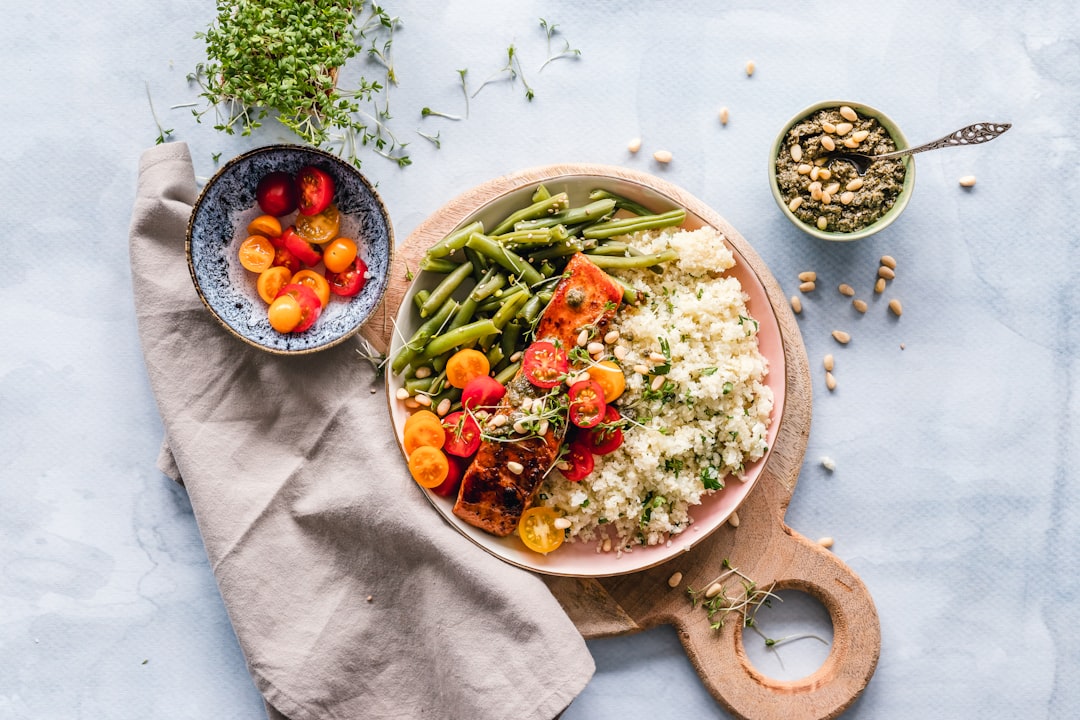
A Simple Mediterranean Diet Meal Plan That Works
Get your complete Mediterranean diet meal plan with shopping lists and prep tips. Make healthy ea...
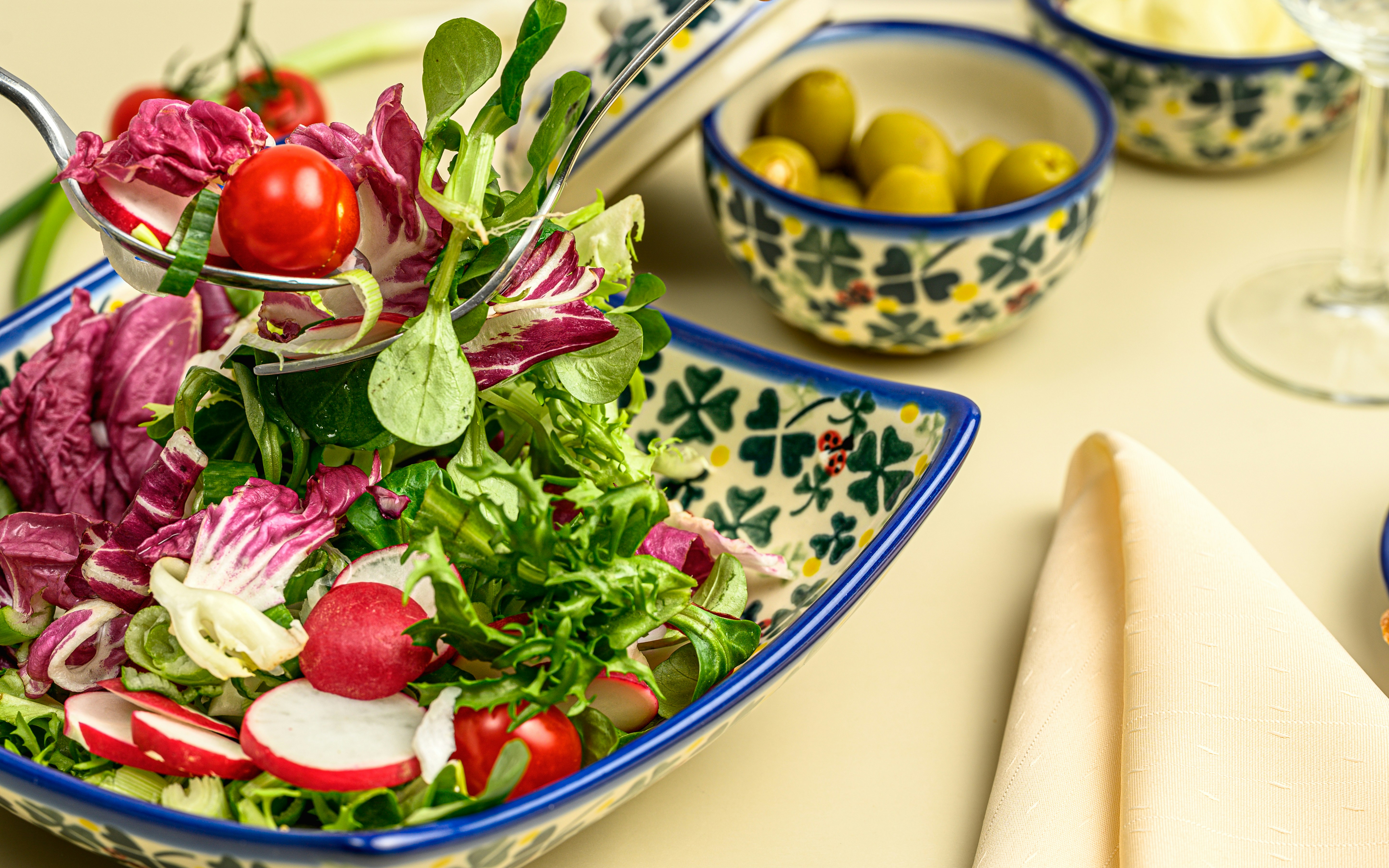
Try This 7-Day Mediterranean Diet Plan
Follow our detailed 7-day Mediterranean diet plan with breakfast, lunch, dinner, and snacks. Incl...
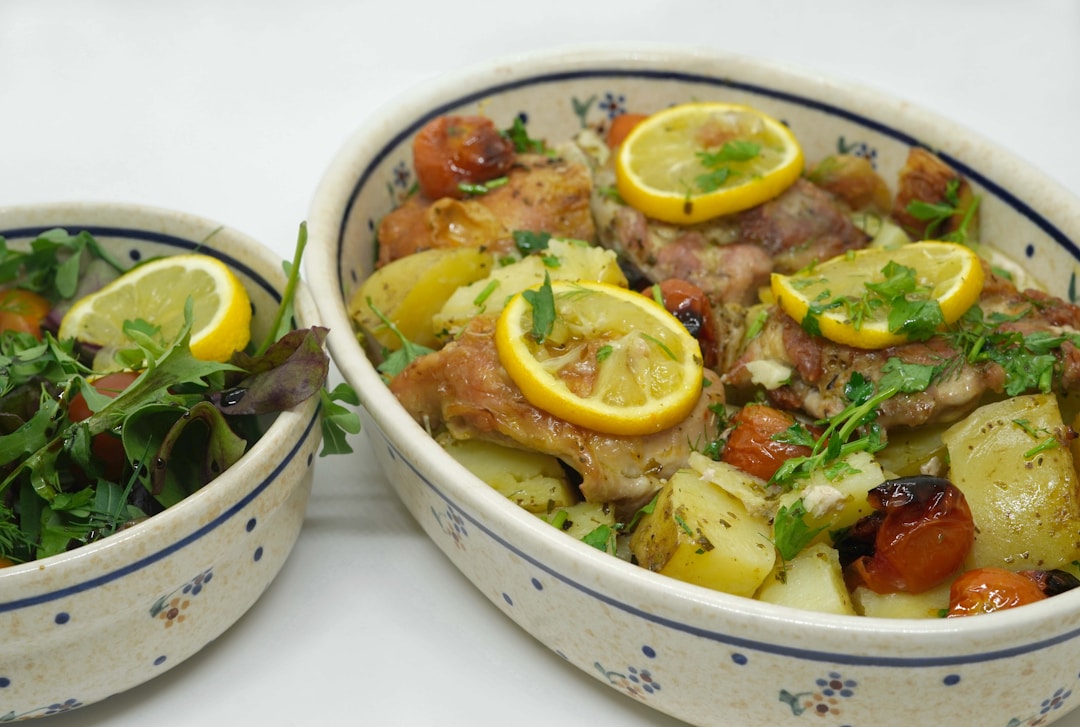
30 Mediterranean Diet Recipes That Actually Taste Amazing
Explore our collection of authentic Mediterranean diet recipes. From Greek salads to Spanish pael...
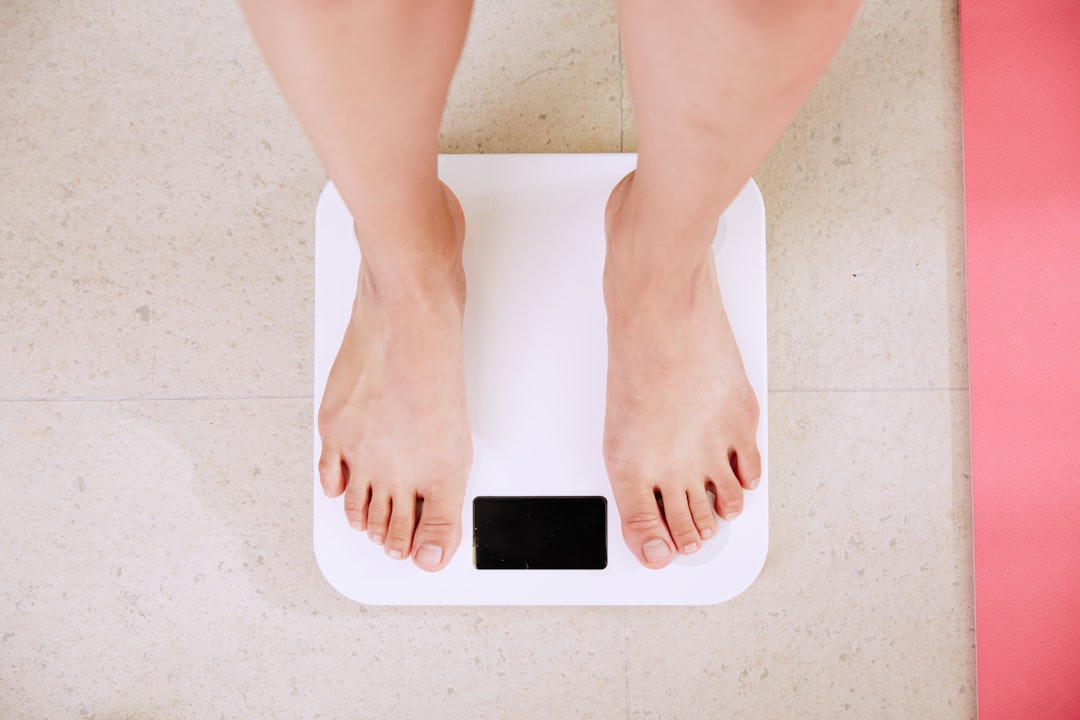
Real Mediterranean Diet Before and After Stories
Inspiring Mediterranean diet before and after stories from real people. See the amazing transform...
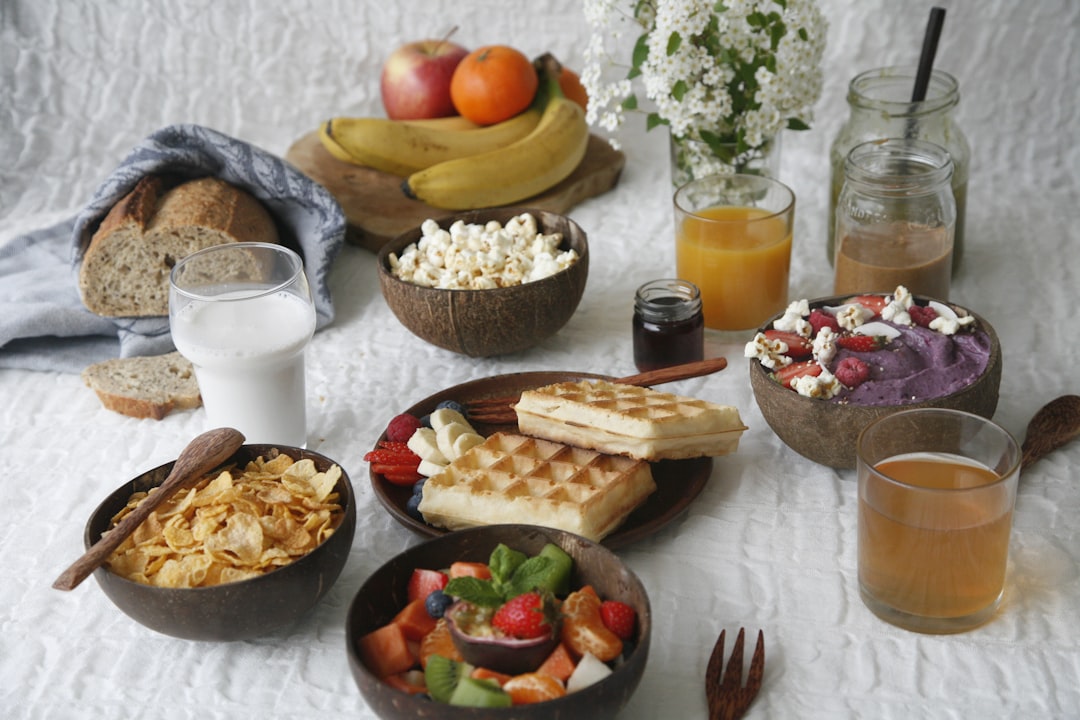
15 Mediterranean Diet Breakfast Ideas You'll Want Every Morning
Discover delicious Mediterranean diet breakfast ideas. From Greek yogurt parfaits to shakshuka, s...